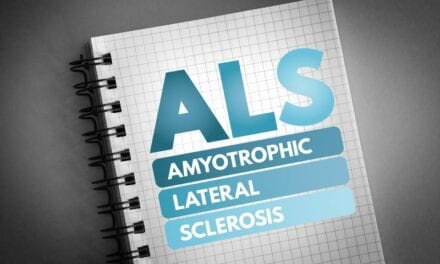By targeting MKP5, an enzyme that had been considered “undruggable,” researchers at Yale University have identified a possible treatment path for Duchenne muscular dystrophy.
Their study was published recently in Science Signaling.
While earlier research had revealed the crucial role played by an enzyme called MKP5 in the development of DMD, making it a promising target for possible treatment, scientists for decades had been unable to disrupt this family of enzymes, known as protein tyrosine phosphatases, at the enzymes’ “active” site where chemical reactions occur.
In the new study, Anton Bennett, the Dorys McConnell Duberg Professor of Pharmacology and professor of comparative medicine, and his team screened over 162,000 compounds. They identified one molecular compound that blocked the enzyme’s activity by binding to a previously undiscovered allosteric site — a spot near the enzyme’s active site, a media release from Yale University explains.
“There have been many attempts to design inhibitors for this family of enzymes, but those compounds have failed to produce the right properties. Until now, the family of enzymes has been considered ‘undruggable.'”
— Anton Bennett
By targeting the allosteric site of MKP5 instead, the research team discovered an excellent starting point for drug development that circumvented the earlier problems, he adds, in the release.
The researchers tested their compound in muscle cells and found that it successfully inhibited MKP5 activity, suggesting a promising new therapeutic strategy for treating DMD.
The finding has implications well beyond muscular dystrophy, he adds. The researchers have demonstrated that the MKP5 enzyme is broadly implicated in fibrosis, or the buildup of scar tissue, a condition that contributes to nearly one-third of natural deaths worldwide.
“Fibrosis is involved in the end-stage death of many tissues, including liver, lung, and muscle. We believe this enzyme could be a target more broadly for fibrotic tissue disease.”
— Anton Bennett
[Source(s): Yale University, Science Daily]
Related Content:
FDA Approves Targeted Treatment for Duchenne Mutation
Nationwide Children’s Hospital Begins Human Trial of Gene Therapy for Duchenne Mutation
Team Joseph and Duchenne Community Unite to Help Families During COVID-19





